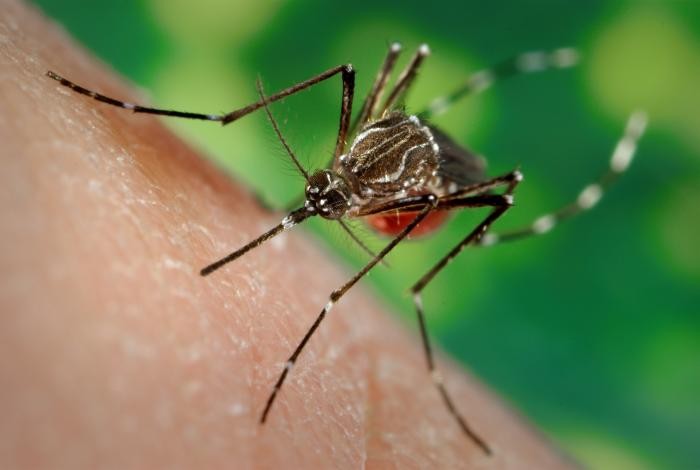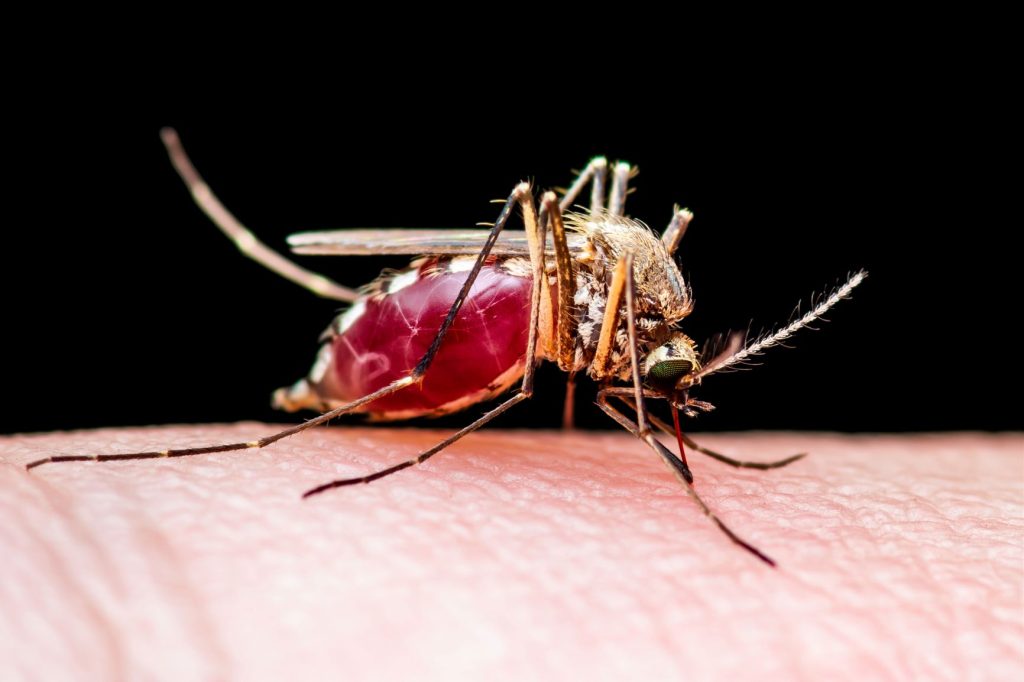The summers in Nashville are famous for being full of music outside, meals in parks, and lounging by the pool. But these peaceful times can be broken up by pesky critters. Mice, rats, ants, and other small animals can not only be annoying, but they can also be harmful to your health, especially if you have kids.
It is important to work with a dependable pest control company like Saela Pest Control so that you and your family can enjoy the best of Nashville’s summer without any worries.
These tiny pests can cause big problems.
The thought of getting bitten by a mosquito may not bother adults too much, but it can be much more dangerous for kids. As their immune systems grow, they are less able to fight off infections.
This makes them more likely to get diseases that insects and other pests spread. There are some pretty weak ones here, like West Nile virus, and some pretty bad ones, like Lyme disease and malaria.
What kinds of pest-borne illnesses your family needs to be aware of will depend on where you live. Luckily, places like the Centers for Disease Control and Prevention (CDC) have a lot of information about these threats in our area.

How to stay pest-free?
The first thing you can do to protect yourself from getting sick from pests is to make your home and yard less appealing to them. Here are some ways to keep bugs out of your little haven:
Seal possible entryways.
Look around your house for any holes or cracks that pests could use to get in. Use glue or weather stripping to fill in any holes around windows, doors, and pipe runs. This will not only keep pests away, but it will also help keep the temperature inside comfortable.
Clean up the trash.
Pests are drawn to places where there is food and water. Empty your trash cans often and make sure they stay closed tightly. Make sure that outdoor garbage bins are properly covered and kept up.
Take care of your yard.
Mow your yard and cut back any bushes or trees that are getting too big. This cuts down on the damp, shady spots that pests like. Get rid of anything that mosquitoes could use to lay their eggs, like birdbaths with standing water or drains that are plugged.
Use your clothing as a shield.
When you go outside, especially when bugs are most active or in places where bugs spread certain diseases, you might want to wear clothes as a barrier.
Cover up.
Wearing long-sleeved shirts and pants will protect you from bug bites and stings. To keep your little wanderer cool, choose fabrics that are light and airy.
Treat clothes for extra protection.
Permethrin is a strong insecticide that you might want to use on clothes in some conditions. It is important to remember, though, that permethrin should not be put on the skin directly; it should only be used on materials as directed by the manufacturer.
Are repellents a friend or foe?
Using insect repellents is one of the most important things you can do to keep your family healthy. Here is what you need to know:
Pick the right repellent.
Look for repellents that have N-diethyl-meta-toluamide (DEET) or picaridin as their main ingredient. These have been shown to work against a number of insects.
The age plays a big role.
The American Academy of Pediatrics (AAP) says that kids over six months old should only use bug sprays with a DEET content of no more than 30%. For kids that are still young, you might want to use repellents that contain picaridin as the main ingredient.
Always put the repellent on skin that is clean and dry. Do not touch your eyes or mouth. Follow the directions on the product to make sure you use it correctly and know how often to reapply it.


Comments are closed.